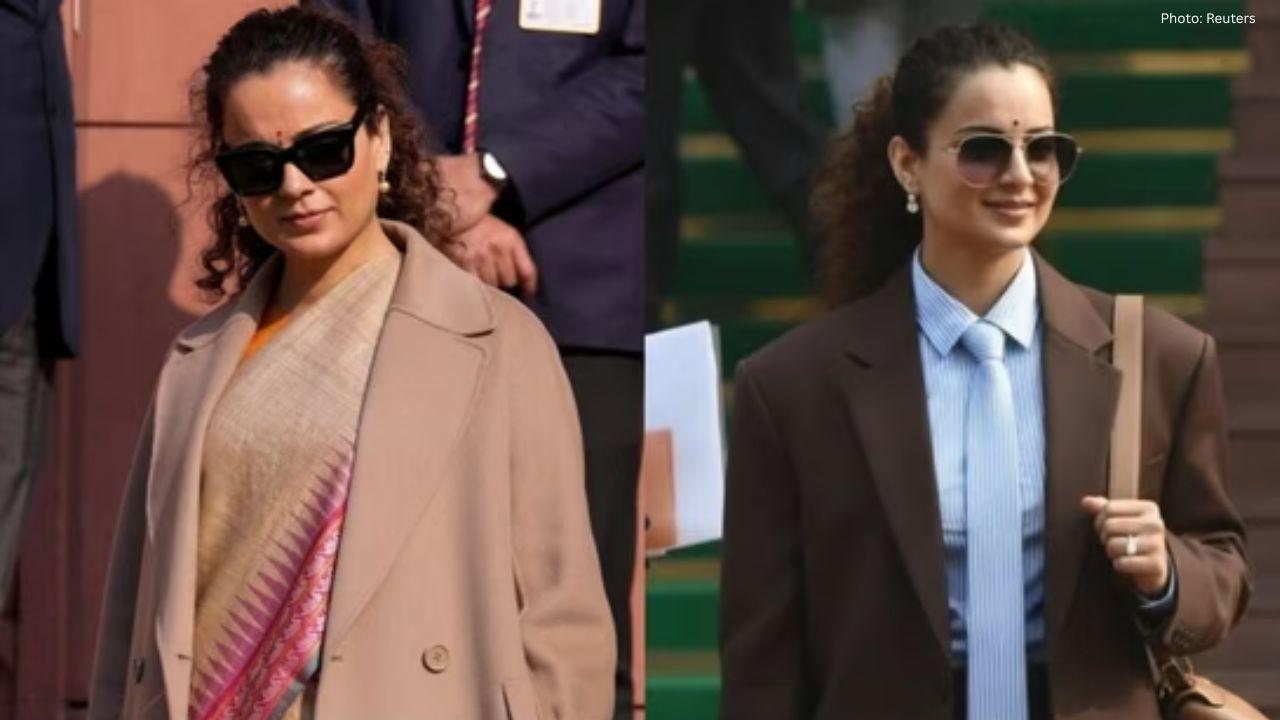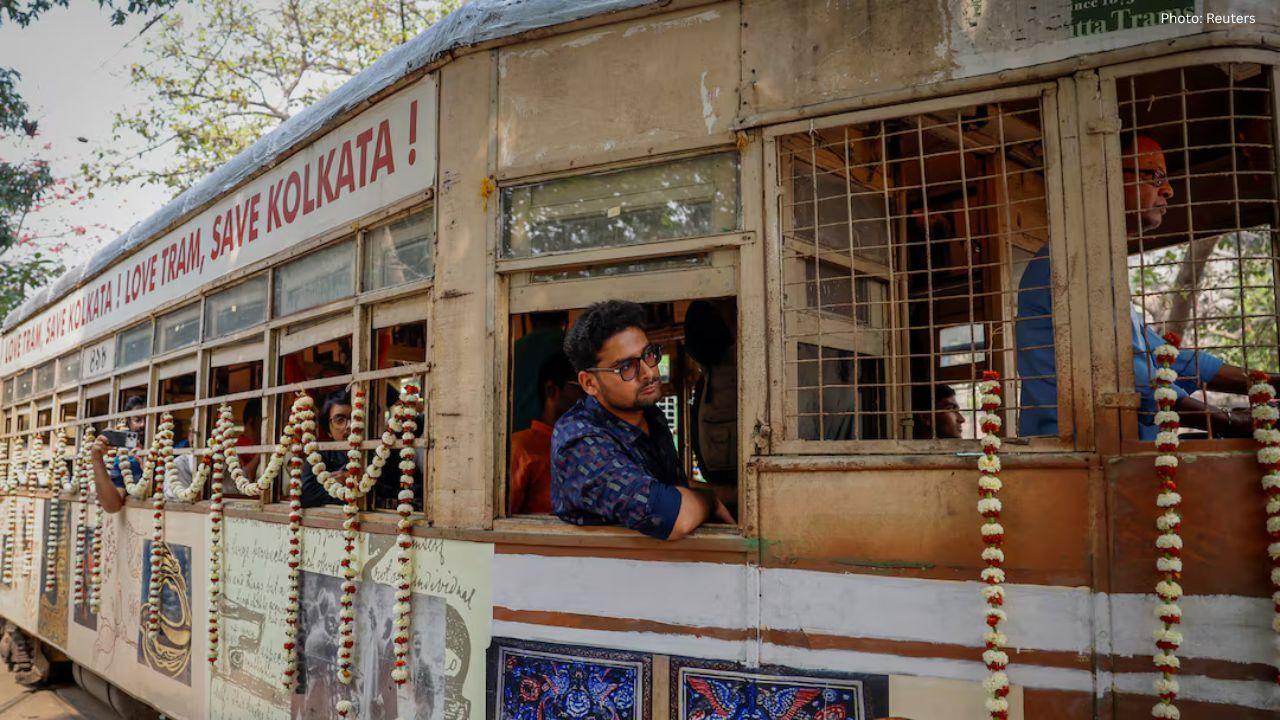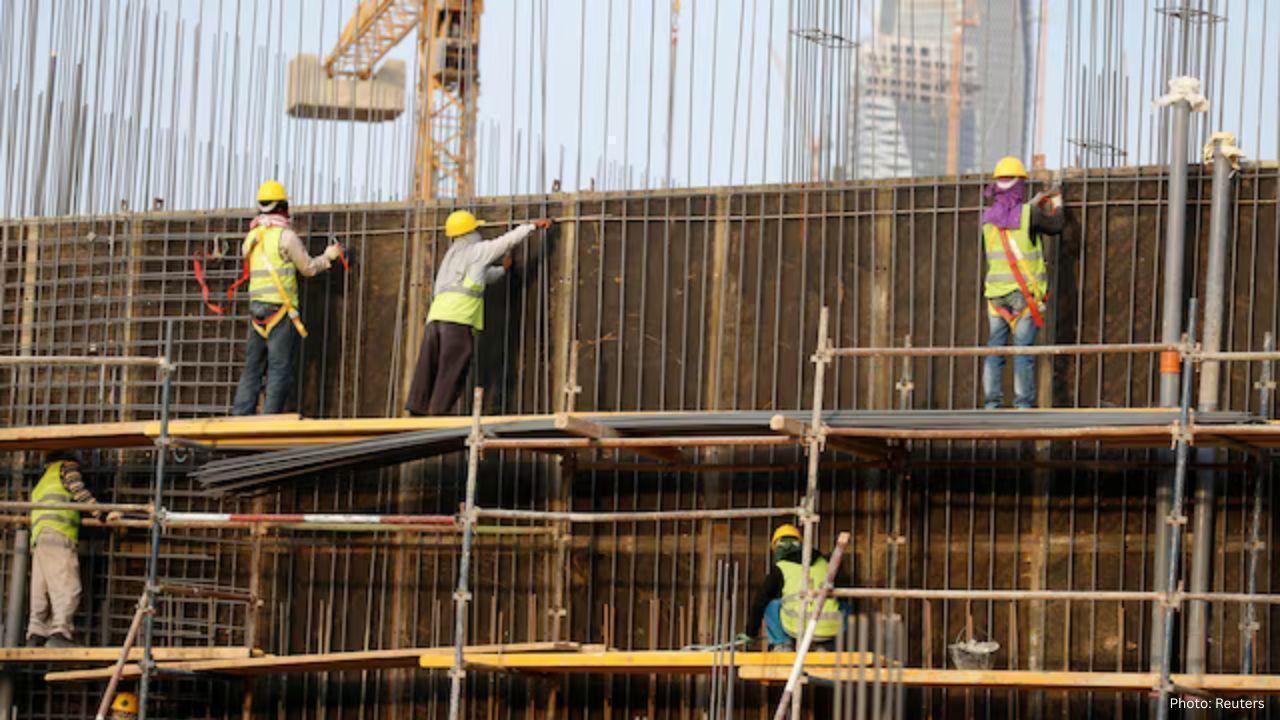You have not yet added any article to your bookmarks!

Join 10k+ people to get notified about new posts, news and tips.
Do not worry we don't spam!

Post by : Anis Farhan
Sports have long been a reflection of culture, identity, and ambition. For decades, global sporting dominance has often been linked to regions like Europe, North America, and parts of South America. However, in recent years, Asia has emerged as a formidable force, redefining what it means to be a global athlete. The continent, once overlooked in several international sporting conversations, is now shaping new champions across diverse disciplines, ranging from cricket and badminton to basketball, football, and athletics. This transformation is not accidental but the result of changing cultural attitudes, improved training systems, and a generational hunger to compete on the world stage.
One of the driving forces behind Asia’s sporting rise is the role of government-backed programs and infrastructure development. Countries like China, Japan, and South Korea have invested heavily in Olympic-level facilities, advanced sports science, and athlete scholarships. India, once criticized for its underwhelming performances at global tournaments, has revamped its approach with training academies, foreign coaches, and sports-centric policies. Southeast Asian nations, too, are focusing on youth development, recognizing that sports can contribute to both national pride and international visibility.
These investments have begun to yield results, with Asian athletes consistently performing well at the Olympics, World Championships, and regional competitions. This institutional backing ensures that athletes are not just reliant on raw talent but have access to the professional ecosystems required to compete internationally.
Traditionally, many Asian societies emphasized academics over athletics. Sports were often seen as a leisure activity rather than a viable career path. However, this perception is shifting dramatically. With the rise of role models such as PV Sindhu in badminton, Naomi Osaka in tennis, and Sun Yang in swimming, young athletes now see sports as a legitimate and rewarding profession.
Media visibility and sponsorship deals have also elevated the status of athletes, turning them into household names. The growing fan culture, fueled by social media, ensures that Asian athletes enjoy recognition not only at home but also abroad. Parents, once reluctant to allow their children to pursue sports, are now encouraging them to train professionally, inspired by stories of international success.
Another major factor in Asia’s sporting revolution is the exposure athletes receive through international leagues. The Indian Premier League (IPL) in cricket, Japan’s J-League in football, and the Philippines’ basketball leagues have all provided platforms where athletes can test themselves against global talent. Moreover, Asian athletes are increasingly being drafted into European football clubs, NBA teams, and other international sporting arenas.
This global participation does more than enhance skills; it provides athletes with cultural exchanges, professional exposure, and the competitive edge required to thrive under pressure. Athletes such as Yao Ming, Shohei Ohtani, and Manny Pacquiao have become global icons, proving that Asian sports figures can inspire audiences far beyond their home countries.
One of the most significant transformations in Asian sports is the rise of women athletes. Historically sidelined, female athletes from Asia are now rewriting the narrative. From Japanese tennis star Naomi Osaka to Indian boxing champion Mary Kom, women are proving that gender is no barrier to sporting excellence.
This rise is also the result of grassroots initiatives promoting girls’ participation in sports. Schools, NGOs, and governments are encouraging gender inclusivity, ensuring that young female athletes have access to the same facilities as their male counterparts. Their achievements not only inspire future generations but also challenge traditional stereotypes about gender roles in society.
Despite remarkable progress, Asian athletes face unique challenges. Infrastructure is unevenly distributed, with urban centers often enjoying better facilities than rural areas. Financial support can also be inconsistent, particularly in countries where sports other than cricket or football receive limited funding.
Cultural pressures also remain a barrier. In some societies, pursuing sports full-time is still seen as a gamble compared to academic careers. Additionally, systemic issues like doping scandals, lack of governance, and inadequate training opportunities in certain nations continue to affect sporting credibility. Overcoming these obstacles will be key to ensuring Asia’s dominance is sustained in the long run.
The Olympic Games have always been a stage where nations showcase their athletic might. Over the past two decades, Asian countries have made tremendous strides. China consistently ranks among the top medal-winning nations, Japan has excelled in judo and gymnastics, while South Korea dominates in archery and taekwondo. India, though still emerging, has made historic breakthroughs in badminton, wrestling, and athletics.
These achievements are more than sporting triumphs; they signal a psychological shift. The Olympics serve as a reminder that Asian athletes are capable of not just competing but excelling at the highest level. This momentum further fuels grassroots interest in sports and inspires millions of young athletes across the continent.
Sports in Asia are no longer just about individual achievement; they have become a form of soft power. Nations use sporting events to project influence, build international relationships, and strengthen cultural diplomacy. Hosting events such as the Beijing Olympics, Tokyo Olympics, and Asian Games has enhanced global visibility while also boosting tourism and infrastructure.
The success of athletes also reflects positively on their countries, creating narratives of progress, resilience, and global integration. For instance, when a Filipino boxer or a Thai badminton player triumphs internationally, it boosts national pride and enhances the country’s image on the global stage.
Looking ahead, Asia is poised to become an even stronger force in global sports. With its massive youth population, growing investments, and cultural shifts, the region holds untapped potential. E-sports, for example, is already dominated by Asian nations, signaling the rise of new-age sports in addition to traditional ones.
If the current trajectory continues, the 21st century could be defined as the era when Asia moved from being a participant in world sports to being its epicenter. Athletes from the region will not only break records but also set new benchmarks for global excellence, inspiring future generations to dream bigger.
Asia’s transformation into a global sporting powerhouse reflects a broader narrative of growth, ambition, and resilience. From cricket stadiums in India to Olympic arenas in Tokyo, the continent is producing athletes who inspire, compete, and redefine what it means to be champions. With continued investment, cultural support, and international exposure, Asia’s new era of global athletes is only just beginning—and the world is watching.
The information presented in this article is intended for general informational purposes only. While every effort has been made to ensure accuracy, readers are advised to verify facts independently before making decisions based on the content. The article does not substitute for professional advice in any field and should not be treated as such. The views expressed are based on current trends and observations and do not necessarily reflect the official stance of Newsible Asia.










Two Telangana Women Die in California Road Accident, Families Seek Help
Two Telangana women pursuing Master's in the US died in a tragic California crash. Families urge gov

Ranveer Singh’s Dhurandhar Roars Past ₹1100 Cr Worldwide
Ranveer Singh’s Dhurandhar stays unstoppable in week four, crossing ₹1100 crore globally and overtak

Asian Stocks Surge as Dollar Dips, Silver Hits $80 Amid Rate Cut Hopes
Asian markets rally to six-week highs while silver breaks $80, driven by Federal Reserve rate cut ex

Balendra Shah Joins Rastriya Swatantra Party Ahead of Nepal Polls
Kathmandu Mayor Balendra Shah allies with Rastriya Swatantra Party, led by Rabi Lamichhane, to chall

Australia launches review of law enforcement after Bondi shooting
Australia begins an independent review of law enforcement actions and laws after the Bondi mass shoo

Akshaye Khanna exits Drishyam 3; Jaideep Ahlawat steps in fast
Producer confirms Jaideep Ahlawat replaces Akshaye Khanna in Drishyam 3 after actor’s sudden exit ov